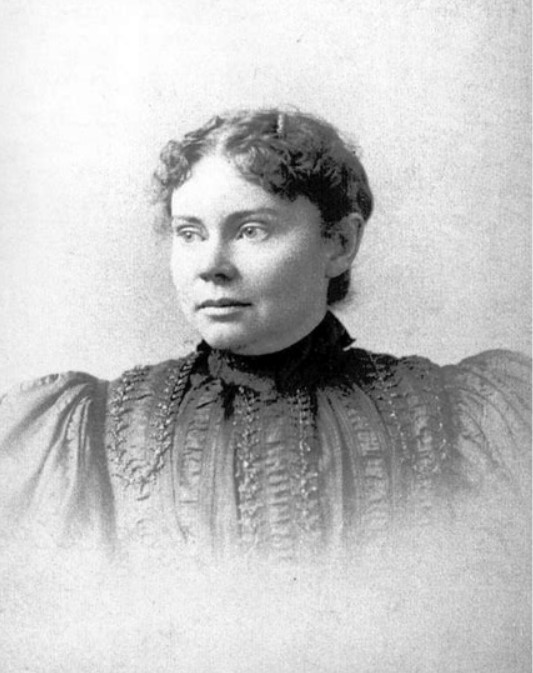On August 4, 1892, the small industrial town of Fall River, Massachusetts, became the scene of one of America’s most infamous crimes: the brutal axe murders of Andrew and Abby Borden. The case gripped the nation not just for its grisly details but because of the central figure accused of the crime—Andrew’s own daughter, Lizzie Borden.
The Crime Scene: A Shocking Discovery
That morning, Bridget Sullivan, the family’s maid, discovered the lifeless body of Abby Borden in the guest bedroom. She had been struck 19 times with a sharp instrument. Shortly after, Andrew Borden’s body was found on the living room sofa, having suffered 11 similar blows. The ferocity of the attacks and the use of an axe-like weapon sent shockwaves through the close-knit community.
Lizzie: A Prime Suspect
Lizzie Borden, 32 years old at the time, quickly became the focus of the investigation. She displayed odd behavior in the days following the murders, including burning a dress that she claimed was stained with paint. Lizzie also reportedly had a contentious relationship with her stepmother, Abby, and may have resented her father for his financial frugality despite the family’s considerable wealth.
However, the case against Lizzie was largely circumstantial. No murder weapon was definitively linked to her, and there were no witnesses to the crime. Lizzie steadfastly denied her involvement, claiming she was in the barn at the time of the murders. Nevertheless, she was arrested and stood trial in 1893.
The Trial of the Century
Lizzie’s trial captivated the nation. Public opinion was divided: some viewed her as a victim of misogyny and societal expectations, while others believed she was a cunning murderer. Her defense team argued there was no physical evidence tying her to the crime, and her calm demeanor during the trial worked in her favor. In the end, Lizzie was acquitted.
Despite her legal exoneration, public suspicion lingered for the rest of her life. She remained in Fall River, living in a mansion she named “Maplecroft,” but became a social pariah until her death in 1927.
Legacy and Cultural Fascination
The Borden murders remain one of the most debated unsolved crimes in American history. Over the years, Lizzie’s story has inspired books, films, and even a macabre children’s rhyme:
Lizzie Borden took an axe,
And gave her mother forty whacks.
When she saw what she had done,
She gave her father forty-one.
While exaggerated (Abby received 19 blows, and Andrew 11), the rhyme cemented Lizzie’s place in pop culture. Modern analyses continue to speculate about her guilt, suggesting alternative theories, including that the murders were committed by someone else entirely.
Reflection: A Nation’s Obsession with Crime
The Borden murders highlight America’s longstanding fascination with sensational crimes. Lizzie’s case raised questions about gender, class, and justice that still resonate today. Was she a misunderstood woman, caught in a storm of suspicion, or did she escape justice? The truth may forever remain a mystery.




